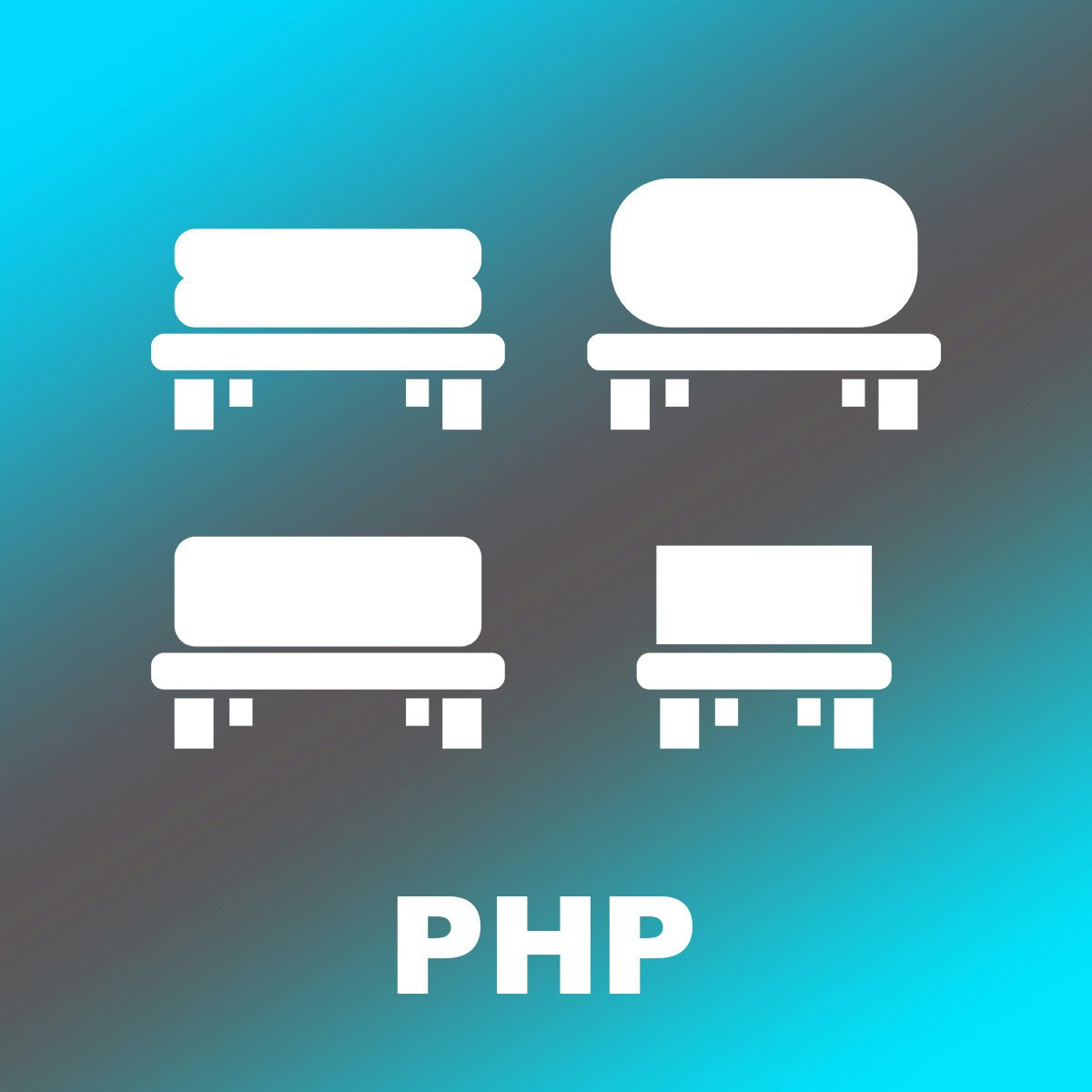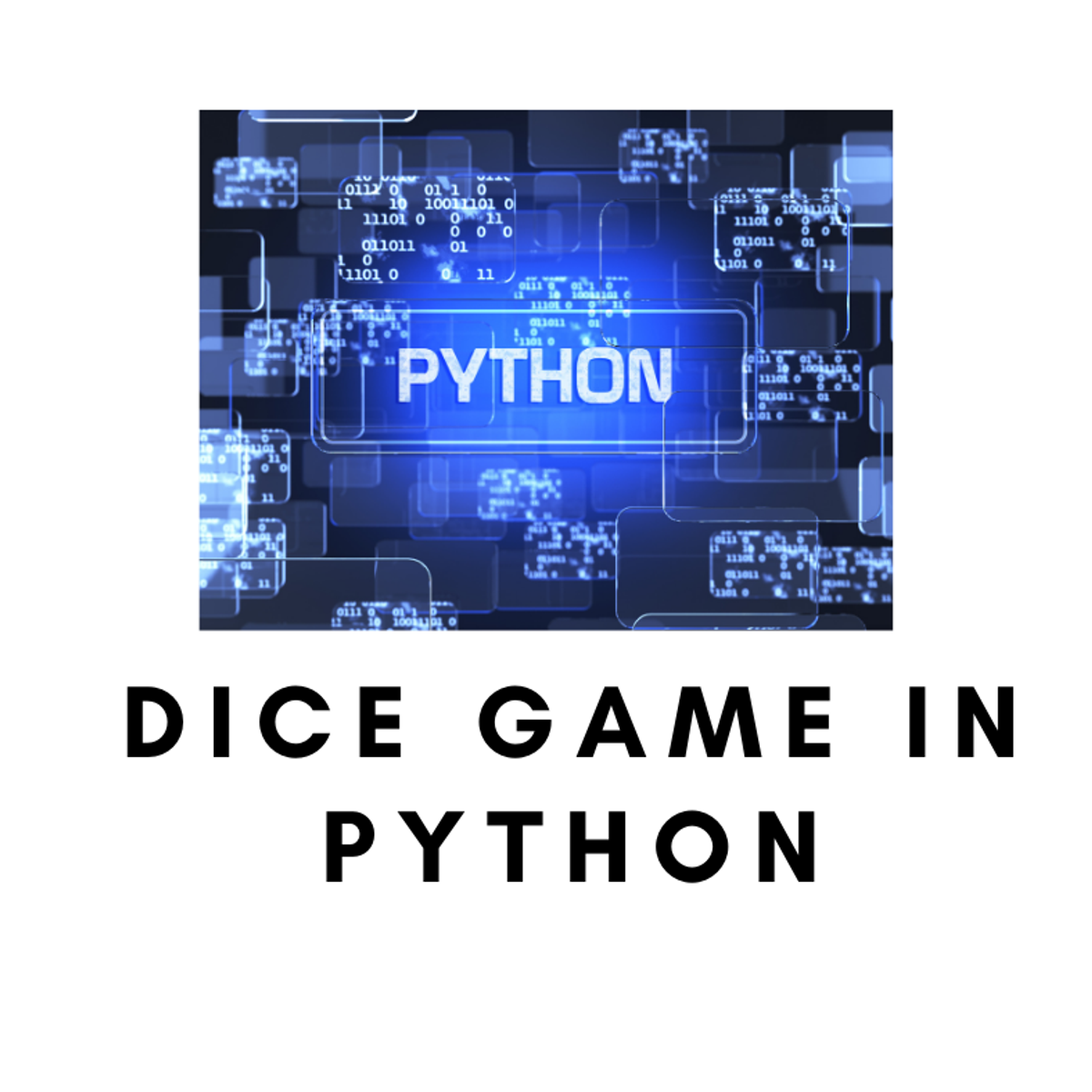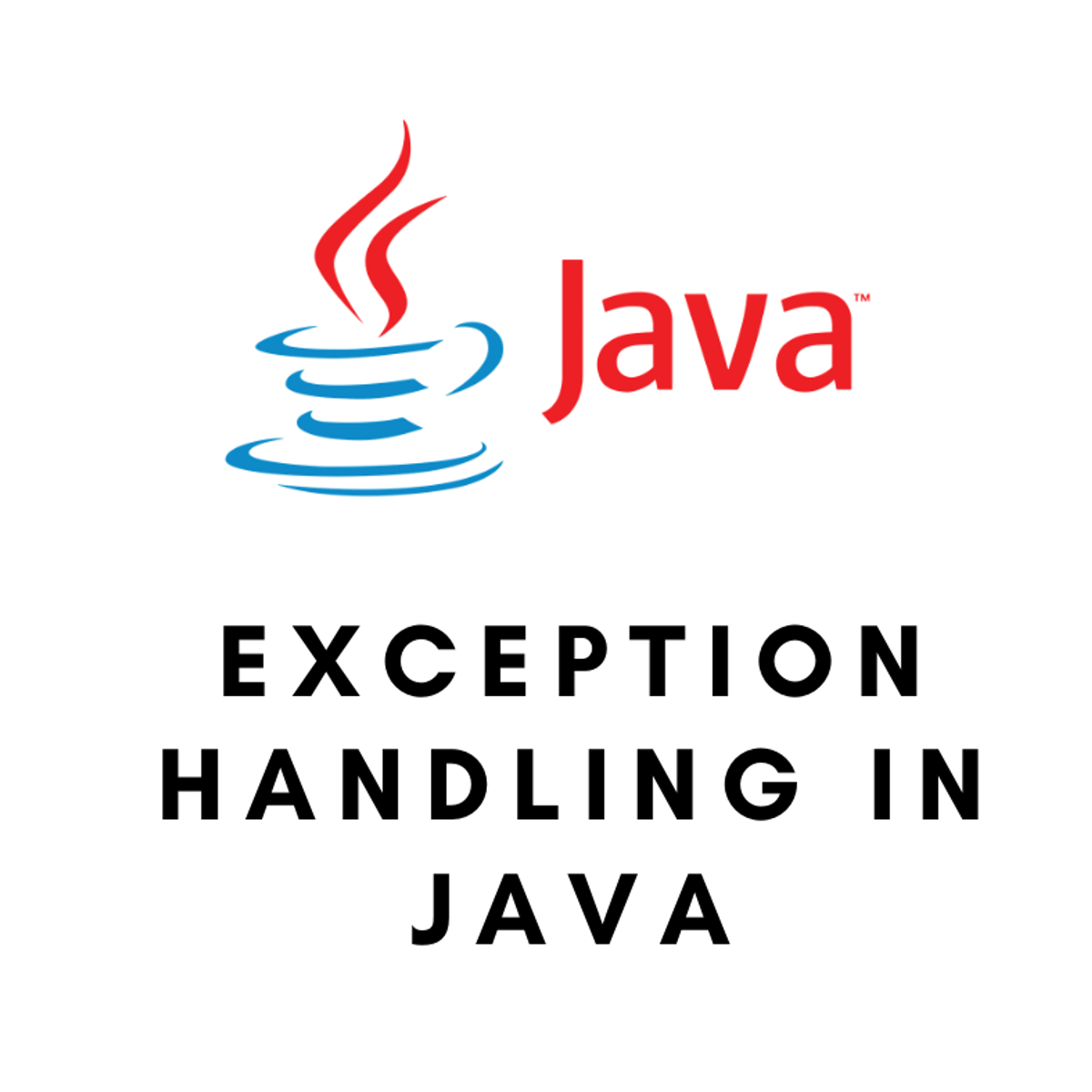Back to Courses









Computer Science Courses - Page 87
Showing results 861-870 of 2309

Build an Automobile Listing Website with PHP
In this 1.5 hours guided project, you will quickly get up to speed with the fundamentals of PHP and build a functional, dynamic website at the end. No prior knowledge of PHP is required but basic to intermediate HTML is required as a prerequisite.

React Basics
React is a powerful JavaScript library that you can use to build user interfaces for web and mobile applications (apps). In this course, you will explore the fundamental concepts that underpin the React library and learn the basic skills required to build a simple, fast, and scalable app.
By the end of this course, you will be able to:
• Use reusable components to render views where data changes over time
• Create more scalable and maintainable websites and apps
• Use props to pass data between components
• Create dynamic and interactive web pages and apps
• Use forms to allow users to interact with the web page
• Build an application in React
You’ll gain experience with the following tools and software:
• React.js
• JSX
• React
• HTML, CSS and JavaScript
• VSCode
You will be able to leverage the potential of this course to develop new skills, improve productivity, act effectively with data and boost your career.
This is a beginner course for learners who would like to prepare themselves for a career in mobile development. To succeed in this course, you do not need prior development experience, only basic internet navigation skills and an eagerness to get started with coding.

Get started with Mural
This project allows you to discover Mural, an online platform to work in teams remotely and share information. You will understand the various features of the platform and be able to organize your ideas or business information. You will have all the basic skills to use Mural and to visually organize your information.

Dice Game in Python
By the end of this project, you will create a dice game using Python. This course will enable you to take your beginner knowledge in Python and apply that knowledge to a project and take that knowledge to the next level.
This beginner tutorial will take you through creating a simple dice application with two players. It will utilize in-built functions and imports such as random and input. The short project will enable beginners in python to understand how to utilize basic python syntax knowledge into a program.
Note: This course works best for learners who are based in the North America region. We’re currently working on providing the same experience in other regions.

Algorithms for Searching, Sorting, and Indexing
This course covers basics of algorithm design and analysis, as well as algorithms for sorting arrays, data structures such as priority queues, hash functions, and applications such as Bloom filters.
Algorithms for Searching, Sorting, and Indexing can be taken for academic credit as part of CU Boulder’s Master of Science in Data Science (MS-DS) degree offered on the Coursera platform. The MS-DS is an interdisciplinary degree that brings together faculty from CU Boulder’s departments of Applied Mathematics, Computer Science, Information Science, and others. With performance-based admissions and no application process, the MS-DS is ideal for individuals with a broad range of undergraduate education and/or professional experience in computer science, information science, mathematics, and statistics. Learn more about the MS-DS program at https://www.coursera.org/degrees/master-of-science-data-science-boulder.

Artificial Creativity
Artificial Creativity explores the emerging field of creativity in artificial intelligence (AI) from a design perspective, bringing together insights from computer science and creative disciplines. In this course, you will survey the history and theories behind today's creative AI, analyze the unorthodox approaches that have advanced the field, and experience cutting-edge creative AI tools. At the same time, you will learn design thinking research methods, how to implement them for your creative insights, and how to translate them to professional and business contexts. Throughout the course, you will step away from your computer to conduct design research, applying the techniques and theories you learn each week to a topic of your choice. You will also engage with other learners through discussions while challenging and expanding your understanding of creativity.

Exception Handling in Java
By the end of this project, you will have an understanding of error and exception handling in java. Once you have a beginner's knowledge of java programming and start coding you may find that something disrupts the normal flow of the program you have built. You may find yourself with errors in your code. This course will provide students with the knowledge behind exception handling in java and show how to write high-quality code to ensure that if your java program encounters a situation that it cannot cope with that the right procedures are in place to provide meaningful information and deal with those errors.
Thus, ensuring that your code is efficient and robust is an essential aspect of writing high-quality code. This project will take students through a number of examples demonstrating several of the most useful java exceptions. You will gain an understanding of exception handling in java from the in-depth examples provided.
Note: This course works best for learners who are based in the North America region. We’re currently working on providing the same experience in other regions.

Methods for Solving Problems
In this course, we will explore different types of problems, the boundaries of what makes a problem solvable, and the different algorithms, rules, and heuristics we can implement to solve these problems.

Javascript animation for websites, storytelling, data visualization and games
In this course, we’ll guide you through a series of hands-on projects. You’ll build your own animations used in telling stories, in conveying data for presentations and in simple games for motivating kids. Everything will be done using only HTML, CSS and Javascript (ES6), so you’ll gain the foundational skills applicable to any other visualization or game framework you might wish to use later.
Note: discussion forums in guided projects such as this one are not monitored or supported by Coursera staff or instructors.

Building Globally Distributed Databases with Cosmos DB
In this 1-hour long project-based course, you will learn how to (insert and query data in your Azure Cosmos DB database, working with Graph Data, build a .NET Core app for Azure Cosmos DB in Visual Studio Code, distribute your data globally with Azure Cosmos DB ).
Note: This course works best for learners who are based in the North America region. We’re currently working on providing the same experience in other regions.
